Legia Warsaw Museum
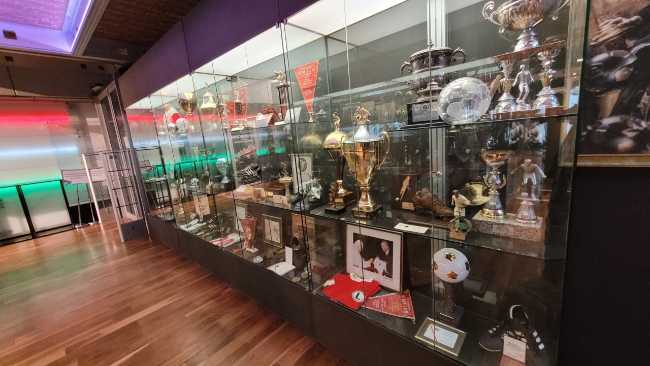
Located at the Polish Army Stadium on Łazienkowska Street, the Legia Warsaw Museum offers a compelling look into the legacy of one of Poland’s most iconic football clubs. Opened in 2006, the museum showcases hundreds of artifacts, including jerseys, boots, medals, and memorabilia from legendary players like Kazimierz Deyna and Lucjan Brychczy. Visitors can explore themed exhibits, view historic match posters, and sit in a recreated section of the famed “Żyleta” stand. The museum also highlights Legia’s multi-sport history, featuring Olympic medals and gear from disciplines such as boxing, fencing, and speedway. Curated by longtime supporter Wiktor Bołba, the collection blends sporting triumphs with cultural significance. Free to enter and open on weekdays, the museum is a must-visit for football fans and history enthusiasts alike. Its immersive displays and emotional storytelling make it more than a tribute to a club—it’s a celebration of Warsaw’s sporting spirit.
Warsaw PolandThe Legia Warsaw Museum is located at the Polish Army Stadium on Łazienkowska 3, in Warsaw. Opened in 2006, the museum is dedicated to the rich history of Legia Warsaw, one of Poland's most successful and storied football clubs, showcasing hundreds of exhibits including memorabilia from legendary players like Kazimierz Deyna, trophies, sportswear, and fan artifacts. The museum offers tours of the stadium, allowing visitors to explore locker rooms, sit alongside the pitch, and learn about the club's legacy not only in football but also in other sports such as boxing and wrestling. Situated within the stadium complex, the museum is near several notable points of interest. Close by is the expansive Łazienki Park (Royal Baths Park), one of Warsaw’s largest and most beautiful green spaces, famed for its palaces, monuments, and lakes. The area also includes Torwar Hall, a multifunctional sports arena just a short walk away, and the vibrant Saska Kępa neighborhood, known for its cafes, restaurants, and cultural scene. The stadium is well connected by public transport, making it easily accessible for visitors exploring Warsaw’s sports heritage and nearby attractions.
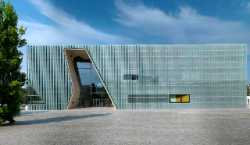 POLIN Museum of the History of Polish Jews
Warsaw
POLIN Museum of the History of Polish Jews
Warsaw
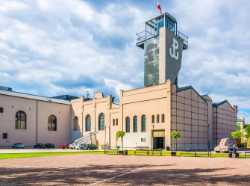 Warsaw Uprising Museum
Warsaw
Warsaw Uprising Museum
Warsaw
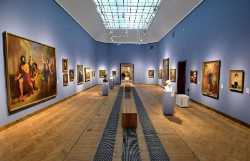 National Museum in Warsaw
Warsaw
National Museum in Warsaw
Warsaw
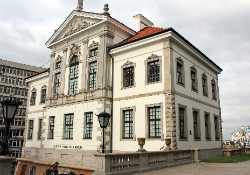 Fryderyk Chopin Museum
Warsaw
Fryderyk Chopin Museum
Warsaw
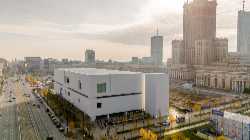 Museum of Modern Art
Warsaw
Museum of Modern Art
Warsaw
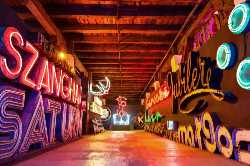 Neon Museum Warsaw
Warsaw
Neon Museum Warsaw
Warsaw
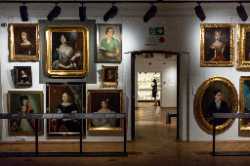 Museum of Warsaw
Warsaw
Museum of Warsaw
Warsaw
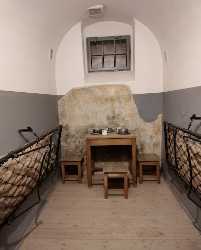 Pawiak Prison Museum
Warsaw
Pawiak Prison Museum
Warsaw
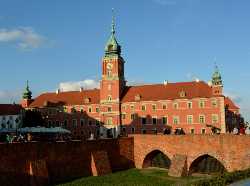 Royal Castle in Warsaw
Warsaw
Royal Castle in Warsaw
Warsaw
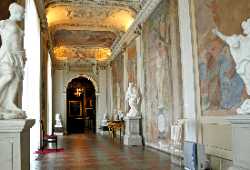 Wilanów Palace
Warsaw
Wilanów Palace
Warsaw
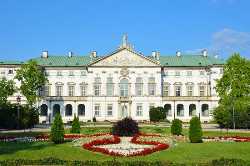 Krasiński Palace
Warsaw
Krasiński Palace
Warsaw
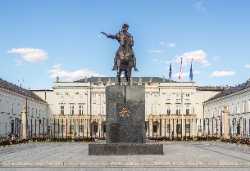 Presidential Palace Warsaw
Warsaw
Presidential Palace Warsaw
Warsaw
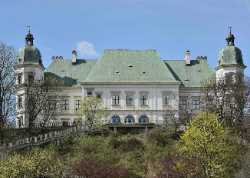 Ujazdów Castle
Warsaw
Ujazdów Castle
Warsaw
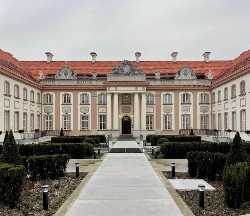 Branicki Palace
Warsaw
Branicki Palace
Warsaw
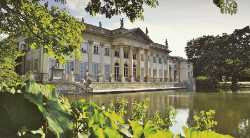 Łazienki Park
Warsaw
Łazienki Park
Warsaw
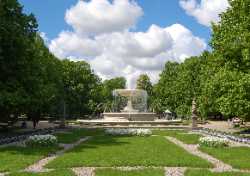 Saxon Garden
Warsaw
Saxon Garden
Warsaw
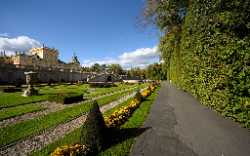 Wilanów Park
Warsaw
Wilanów Park
Warsaw
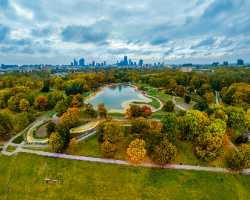 Mokotów Field
Warsaw
Mokotów Field
Warsaw
 Skaryszewski Park
Warsaw
Skaryszewski Park
Warsaw
 Botanical Garden of the University of Warsaw
Warsaw
Botanical Garden of the University of Warsaw
Warsaw
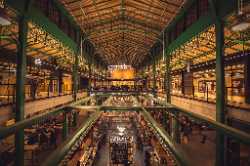 Hala Koszyki
Warsaw
Hala Koszyki
Warsaw
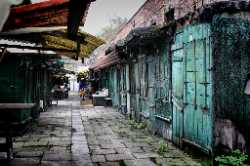 Bazar Różyckiego
Warsaw
Bazar Różyckiego
Warsaw
 BioBazar
Warsaw
BioBazar
Warsaw
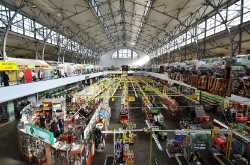 Hala Mirowska
Warsaw
Hala Mirowska
Warsaw
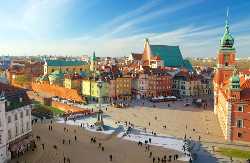 Castle Square
Warsaw
Castle Square
Warsaw
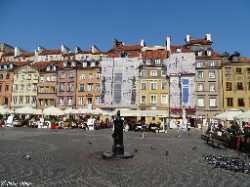 Rynek Starego Miasta
Warsaw
Rynek Starego Miasta
Warsaw
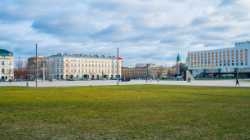 Piłsudski Square
Warsaw
Piłsudski Square
Warsaw
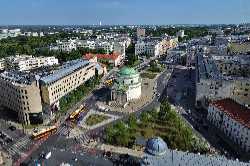 Three Crosses Square
Warsaw
Three Crosses Square
Warsaw
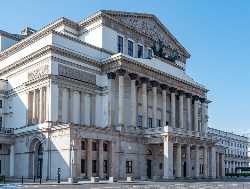 Grand Theatre
Warsaw
Grand Theatre
Warsaw
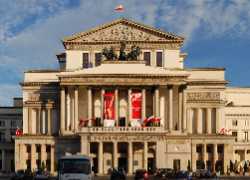 Warsaw National Theatre
Warsaw
Warsaw National Theatre
Warsaw
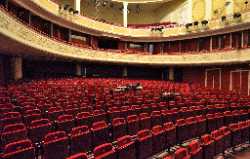 Teatr Polski
Warsaw
Teatr Polski
Warsaw
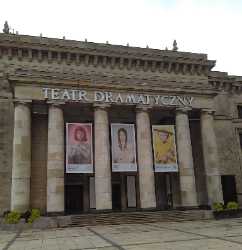 Dramatic Theatre
Warsaw
Dramatic Theatre
Warsaw
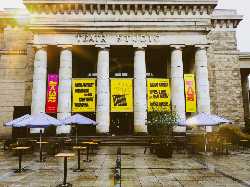 Studio Theatre
Warsaw
Studio Theatre
Warsaw
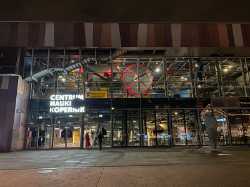 Copernicus Science Centre
Warsaw
Copernicus Science Centre
Warsaw
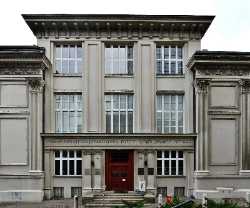 Jewish Historical Institute
Warsaw
Jewish Historical Institute
Warsaw
 Katyń Museum
Warsaw
Katyń Museum
Warsaw
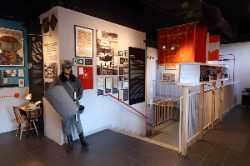 Museum of Life under Communism
Warsaw
Museum of Life under Communism
Warsaw
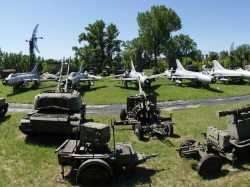 Polish Army Museum
Warsaw
Polish Army Museum
Warsaw
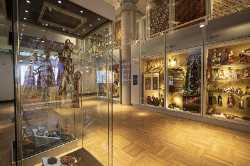 National Museum of Ethnography
Warsaw
National Museum of Ethnography
Warsaw
 Museum of Caricature
Warsaw
Museum of Caricature
Warsaw
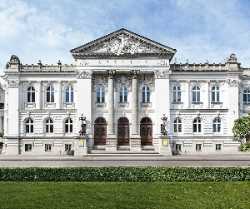 Zacheta
Warsaw
Zacheta
Warsaw
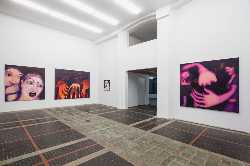 Raster Gallery
Warsaw
Raster Gallery
Warsaw
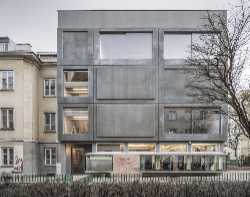 Foksal Gallery
Warsaw
Foksal Gallery
Warsaw
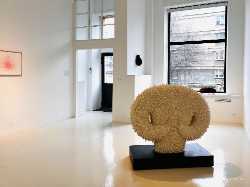 LETO Gallery
Warsaw
LETO Gallery
Warsaw
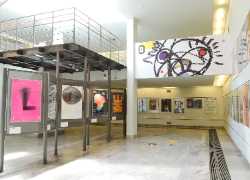 Polish Poster Gallery
Warsaw
Polish Poster Gallery
Warsaw
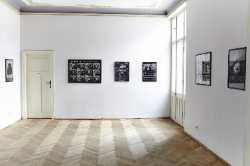 lokal_30
Warsaw
lokal_30
Warsaw
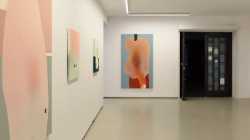 Monopol Gallery
Warsaw
Monopol Gallery
Warsaw
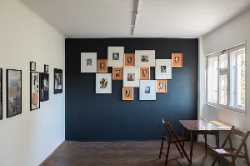 Galeria Asymetria
Warsaw
Galeria Asymetria
Warsaw
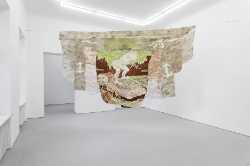 Wschód Gallery
Warsaw
Wschód Gallery
Warsaw
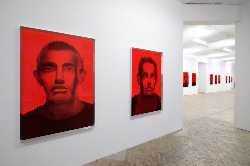 Piktogram Gallery
Warsaw
Piktogram Gallery
Warsaw
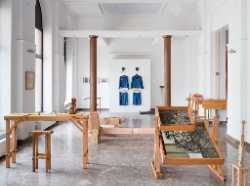 Polana Institute
Warsaw
Polana Institute
Warsaw
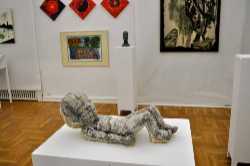 Salon Akademii
Warsaw
Salon Akademii
Warsaw
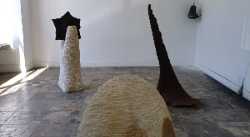 Galeria XX1
Warsaw
Galeria XX1
Warsaw
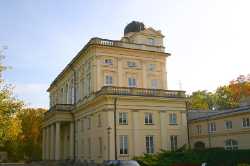 Warsaw University Observatory
Warsaw
Warsaw University Observatory
Warsaw